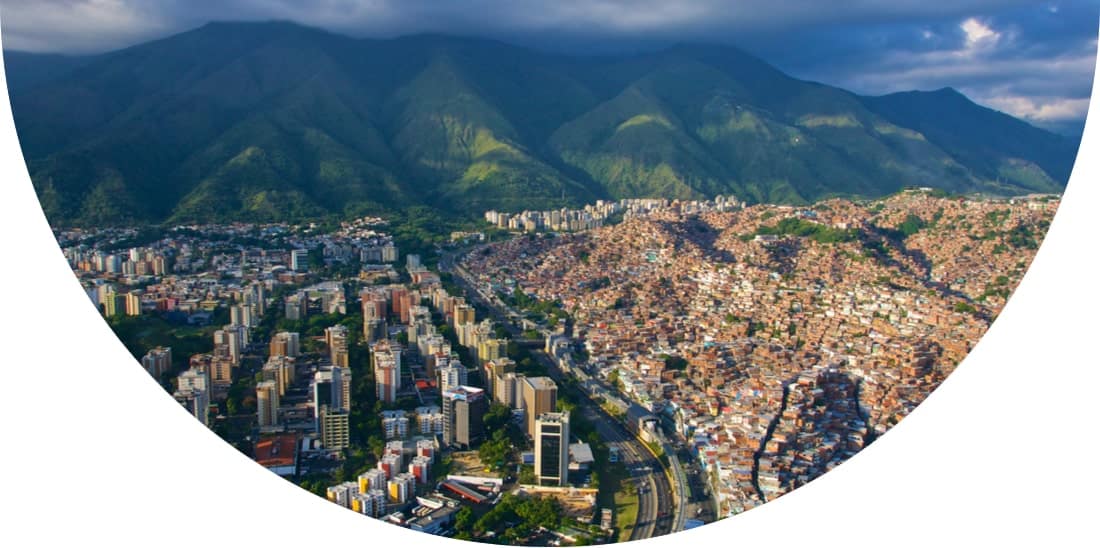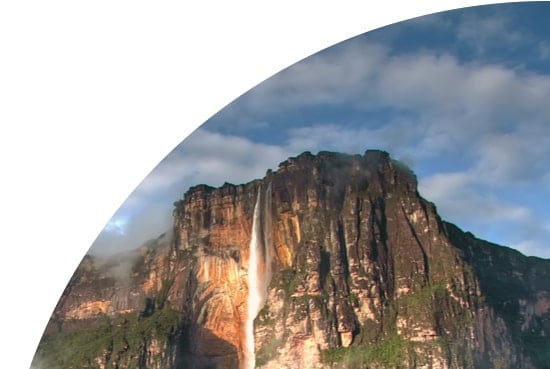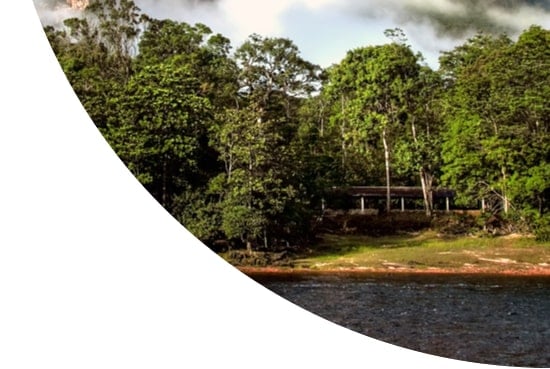West Nile virus (WNV) is spread by mosquitoes in many countries. There are usually no symptoms, although some people develop mild flu-like symptoms, nausea and skin rash. The virus is not contagious and should get better without any treatment.


Travel Vaccinations for Venezuela
Recommended Vaccines for Venezuela
The level of protection needed depends on your medical history and travel itinerary. Book now to get a personalised recommendation from our specialist travel nurses. The consultation costs £20 plus any vaccines you decide to take.
Flexible appointments with no upfront payment
Book Now
Destination Information for Venezuela
Venezuela is on the North coast of South America, and is home to some of the most spectacular wildlife and stunning natural landscapes on the continent. With a Caribbean Sea shoreline, pristine beaches offer unrivalled opportunities for sunbathing and diving. Venezuela’s prime tourist attraction is Angel Falls, in the Guiana Highlands, which is the world’s highest waterfall. The country also includes the second-longest river in South America, the Orinoco. Rich in the natural resources of gas and oil, this is a country with lots to offer.
Around 40% of the country is given over to national parks and reserves, and there’s an impressive variety of wildlife to be seen, especially in the rainforests of Amazonas in Guayana, the least visited region of Venezuela, which is largely uninhabited. From beaches and caves to jungles, waterfalls, rapids and breathtaking mountains, the diversity and vastness of the landscape is incredible. The capital and largest city is Caracas, offering plenty in the way of tourist attractions, museums, parks, colonial architecture, restaurants and bars.
The currency system is complex and visitors are advised to seek help from a local to avoid being significantly short changed! Carnival season in Venezuela is February to March, but this is a good choice of South American destination all year round, with fabulously flowing waterfalls during the rainy season of May to November and deserted sandy beaches in time for Christmas.
Infections and Outbreaks frequently change from country to country and by attending our clinics you will be given the most up to date clinical and safety advice from our team of specialists. Our advice to you often includes aspects such as:
- Food and water hygiene
- Insect and animal bite avoidances
- Personal safety
- Sexually transmitted infections
- Sun protection
- Altitude sickness
Malaria in Venezuela
The media has reported on a 66.9% increase in the number of malaria cases in Venezuela. Nationally, a total of 31,696 malaria cases have been reported.
During the week 29 Mar-4 Apr 2015, 1,677 new cases were reported, the majority of which were located in the states of Bolivar and Amazonas. Seventeen were imported cases from Brazil, Colombia and Guyana.
The worst affected area is Sifontes municipality in Bolivar state where mine workers account for many of the cases. The miners work in the open air and live in poor camp conditions without bed nets or other bite avoidance measures.
The Ministry of Health reports that 76% of new malaria cases are due to the milder form (vivax) and 23.53% are due to the serious form (falciparum).
Advice for Travellers
The states of Bolivar and Amazonas are well recognised as high risk areas for falciparum malaria and antimalarial medication is recommended.
See the malaria section of the Venezuela country record for more detailed information and recommendations. Travellers should also take steps to avoid mosquito bites and report any fevers promptly.
Malaria and regions within country:
There is a high risk of P.Falciparum malaria in Bolivar and Amazon regions including Angel falls. There is a variable risk of P.Vivax malaria in the areas of Apure, Anzoategui, Delta Amacuro, Monagas, Sucre and Zulia. There is low to no risk of malaria in many coastal areas, the city of Caracas and Margarita island.
Additional Health Risks Information for Venezuela
There have recently been demonstrations and political unrest in some parts of Venezuela, which has led to temporary closure of the border with Colombia. If you are planning to travel to Venezuela, you are advised to check the details for your specific destination, and remain vigilant about your personal safety at all times, as there is potential for violence. This advice applies throughout the country, and you should always be aware of taking any additional risks, travelling after dark and carrying valuables. If possible, travel as part of an organised tour with a guide who knows Venezuela well.
Venezuela is affected by the Zika virus. Women who are pregnant or planning to become pregnant should not visit the country. Road conditions in Venezuela are poor, so talk to locals before you set out about any route you plan to take. Cycling and hitchhiking are very dangerous, and it is not advisable to travel via these means in any part of the country.
Medical facilities in the large cities are of a reasonable quality, but the standard of care varies considerably throughout the country. Venezuela’s economic situation means there is a shortage of supplies, and any medical treatment beyond basic procedures may require evacuation.



